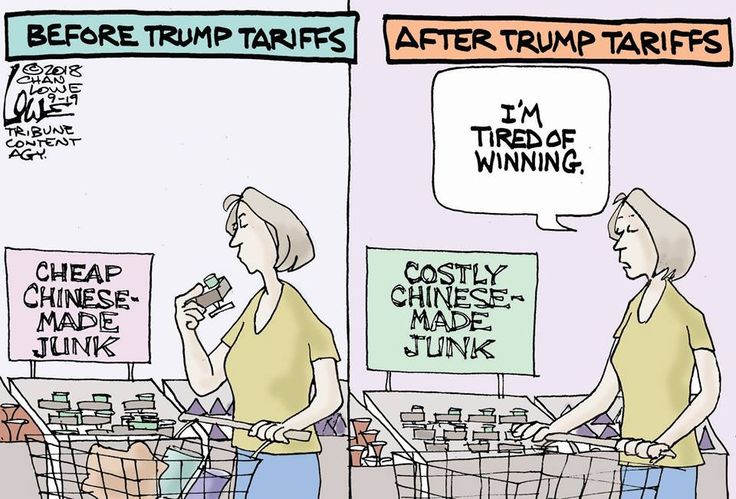this post was submitted on 02 Feb 2025
699 points (98.1% liked)
Comic Strips
13537 readers
2730 users here now
Comic Strips is a community for those who love comic stories.
The rules are simple:
- The post can be a single image, an image gallery, or a link to a specific comic hosted on another site (the author's website, for instance).
- The comic must be a complete story.
- If it is an external link, it must be to a specific story, not to the root of the site.
- You may post comics from others or your own.
- If you are posting a comic of your own, a maximum of one per week is allowed (I know, your comics are great, but this rule helps avoid spam).
- The comic can be in any language, but if it's not in English, OP must include an English translation in the post's 'body' field (note: you don't need to select a specific language when posting a comic).
- Politeness.
- Adult content is not allowed. This community aims to be fun for people of all ages.
Web of links
- !linuxmemes@lemmy.world: "I use Arch btw"
- !memes@lemmy.world: memes (you don't say!)
founded 2 years ago
MODERATORS
you are viewing a single comment's thread
view the rest of the comments
view the rest of the comments

At the federal level taxes aren't used to pay debt, they're used to reduce the money supply. That money goes into a shredder, and is functionally unrelated to the money printed.
This seems very odd... Can you give me a source on that? Both the shredding of federal tax income and the relation to public expenditure? It appears I have much to learn
https://www.mmt.works/mmt-taxes-do-not-fund-government-spending/
What is this AI dribble?
That makes for an interesting take to things, however it's simply an inverted way to think of paying for a debt incurred. Without the repayment by government revenue you would simply have acquisition by the government without a means to compensate for it.
The materials purchased have a cost. That cost is paid by the money created by the government. If the government simply continues to create an unbound supply of money then the currency becomes worthless and you end up with a hyper inflation cycle. See places like Zimbabwe or Venezuela where at some point you end up paying thousands of the sovereign currency for basic items. That currency volume needs to be maintained at some reasonable level for it to have any meaningful exchange value to another party.
So while it may not be directly input/output as the general population would see it, you could instead see it as a credit card. A limit is available on a card and to use it you must have available credit which is freed up by repayment of previous purchases.
Now, the fed through congress has the unique ability to extend their limit on demand, that still increases the debt load and associated interest payments, which is visible in the form of treasury bonds due and payable with accrued interest to the holder of those bonds. Those bonds are public debt, often held by foreign governments, but also by private sector investors, both which are assured payment by the credit worthiness of the government. This all is why there's such a fuss when talk of the government defaulting their debt comes about, the credit rating of the government, and why we have regular fights over extending that debt ceiling.
Yes, this is all well accounted for in MMT. I recommend reading a bit more on the website I linked or on the wikipedia page about it.
Surely, if printing money (theoretically) causes inflation; and if collecting taxes reduces inflation, then the two are somewhat closely related.
If the amount of money that can be created by the government is somewhat limited, then surely tax money is another valid source for that money.